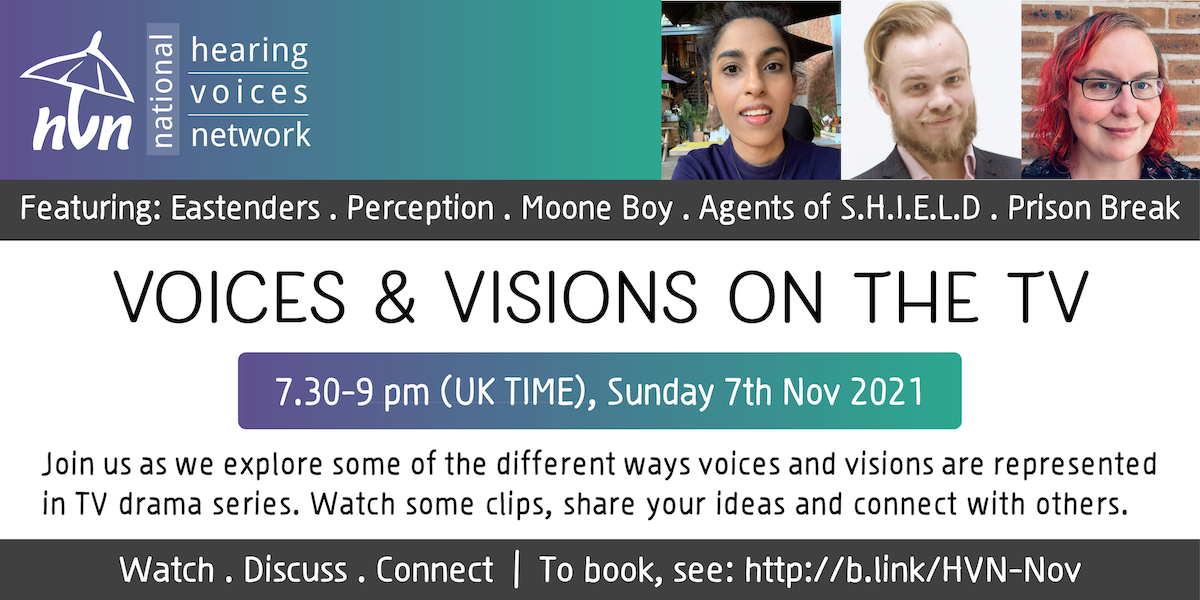Eleanor Longden, speaking live at the TED@London Talent Search, explains how she has transformed her relationship with her voices and taken control of her life. In this powerful short clip, Eleanor explains how a diagnosis of schizophrenia and the view of voices as a symptom led her to take an ‘agressive stance’ against her own mind. Having found a way of making sense of her voices and their link to difficult life experiences, Eleanor found a way of living alongside them. She speaks about returning to psychiatry from the opposite side of the table, as a trainer, author and academic. Despite years in the psychiatric system, Eleanor went on to gain the highest BSc and MSc in psychology at her university. She eloquently demonstrates that voices can be a ‘sane reaction to insane circumstances’.
If you think Eleanor’s message is a powerful one, please rate and comment on her vide on the TED Talent Search Site. TED use this site to determine which speakers to invite to the TED 2013 conference and it would be wonderful to have someone from the Hearing Voices Network represented there. This is a message that would go some way to challenging the stigma still held in society about the experience of hearing voices.
To view Eleanor on the TED site, see: http://talentsearch.ted.com/video/Eleanor-Longden-Learning-from-t;TEDLondon

